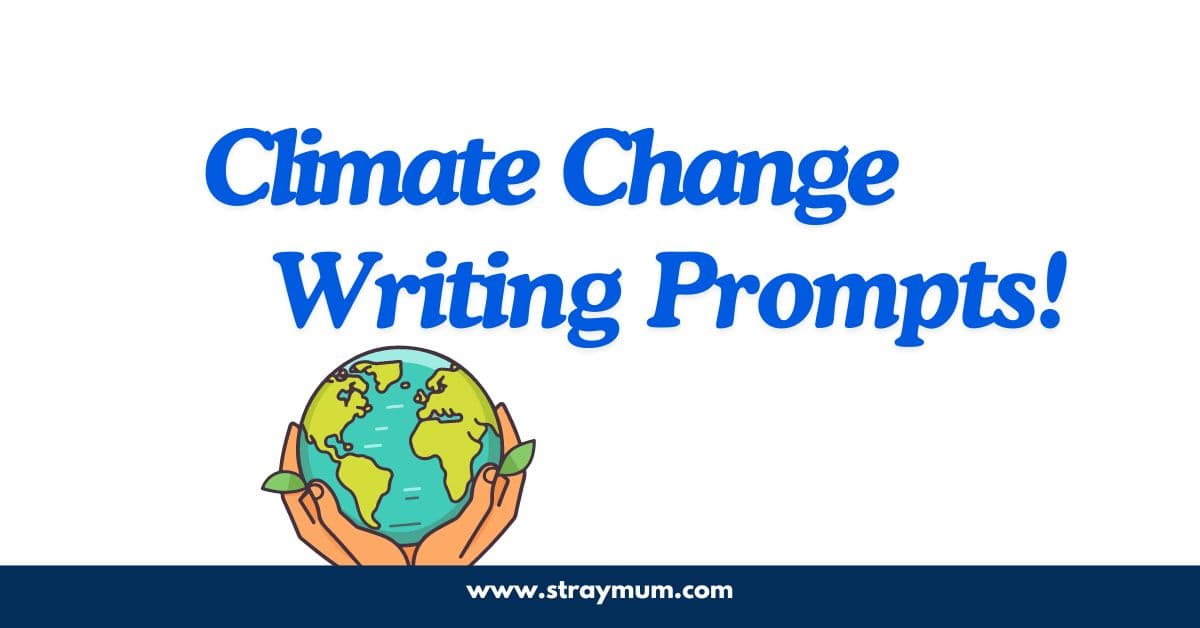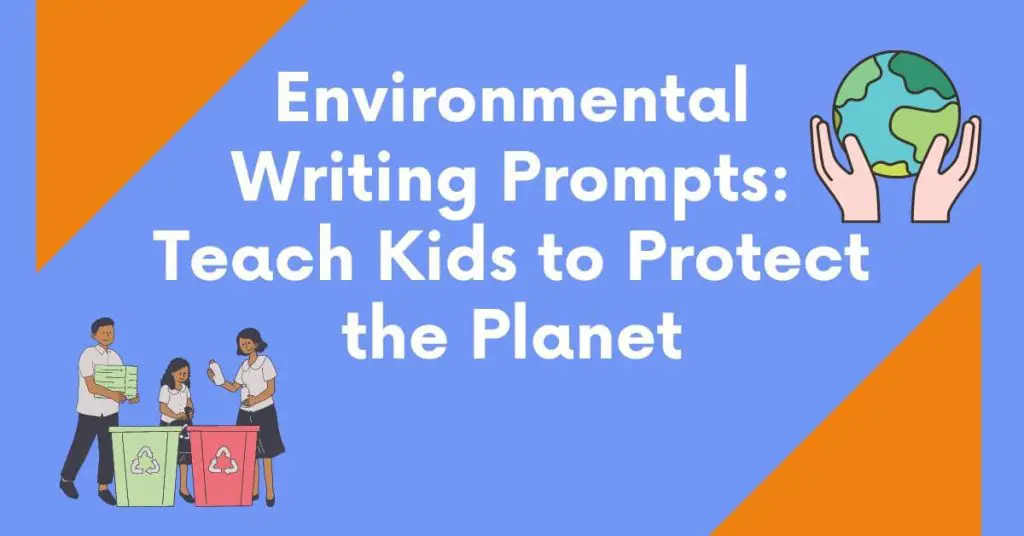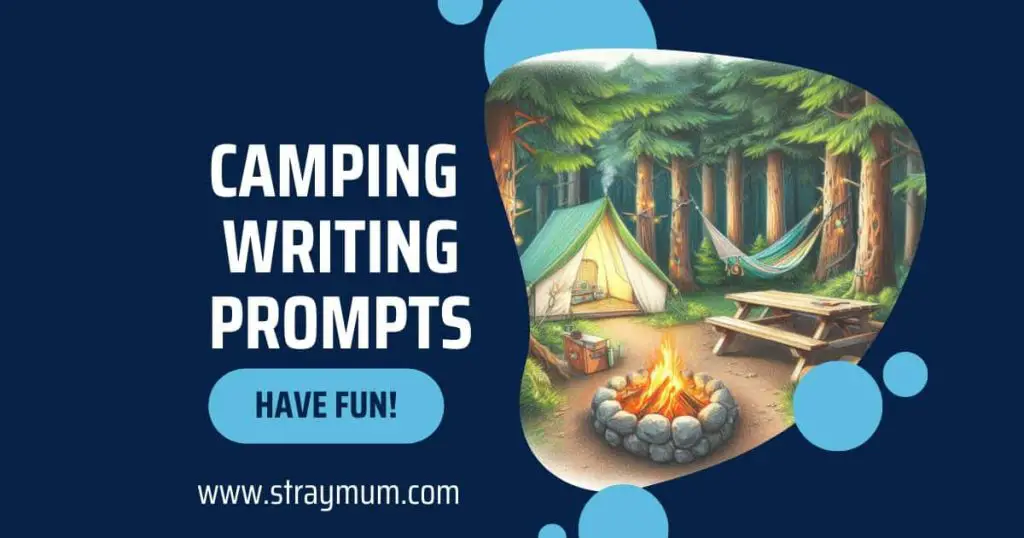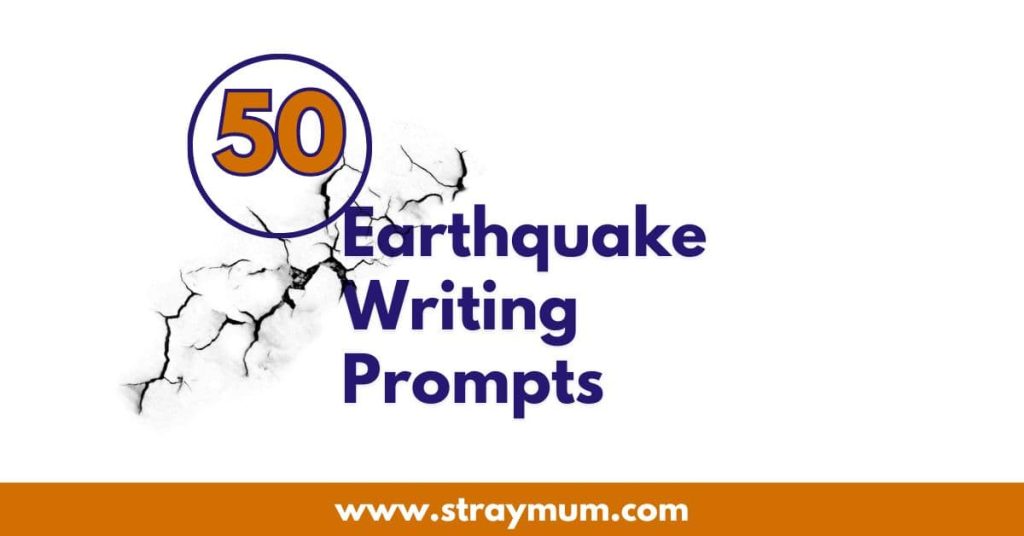Igniting Action: Climate Change Writing Prompts

Welcome to an exploration of writing prompts that delve into one of the most pressing issues of our time: climate change. As we witness the Earth’s delicate balance shift, it becomes increasingly vital for the next generation to not just understand, but actively engage with this global challenge.
Through thought-provoking prompts, we aim to inspire reflection, creativity, and scientific inquiry, empowering learners to become agents of positive change in the fight against climate change.
Climage Change Writing Prompts for Reflection
Everyday Actions:
Imagine you’re documenting a day in your life, focusing on every action that contributes to carbon emissions. From the moment you wake up to your evening routine, detail each activity and its environmental impact. Then, brainstorm alternative methods or lifestyle changes that could lower your carbon footprint. Reflect on the feasibility and potential benefits of implementing these changes, considering both personal and environmental perspectives.
Consumer Choices:
Imagine conducting a thorough inventory of the products in your daily life, from the food in your pantry to the gadgets in your home. Write about the resources consumed and the environmental footprint associated with each item. Then, brainstorm strategies for making more sustainable consumer choices, such as prioritising local and eco-friendly products, embracing minimalism, and advocating for sustainable production practices. Reflect on the potential impact of these choices on the environment and society as a whole.
Community Engagement:
Imagine you’re tasked with organising a community event focused on addressing climate change. Write about the various ways community action can make a difference, from organising clean-up drives to advocating for renewable energy policies. Brainstorm creative ideas for engaging your community, such as hosting educational workshops, planting community gardens, or organising sustainability fairs. Consider the potential impact of these initiatives in fostering collective action and building a resilient, environmentally conscious community for the future.
Climate Change Awareness:
Reflect on your understanding of climate change and how it has evolved over time. Consider the sources of information that have influenced your perceptions, including media coverage, education, and personal experiences. Explore the importance of ongoing learning and critical thinking in staying informed about climate change issues and supporting evidence-based solutions.
Emotional Response to Climate Change:
Reflect on your emotional reactions to learning about the impacts of climate change. Consider feelings of fear, frustration, hopelessness, or empowerment that may arise when confronted with the scale of the problem. Explore strategies for coping with eco-anxiety and turning feelings of concern into positive action, such as engaging in activism, connecting with like-minded individuals, or focusing on solutions-oriented approaches.
Historical Context of Climate Change:
Reflect on the historical context of climate change and human interaction with the environment. Consider how industrialisation, colonialism, and globalisation have shaped patterns of resource extraction, land use, and consumption that contribute to climate change. Reflect on the lessons that can be learned from history to inform more sustainable and just approaches to addressing climate change.
Personal Values and Climate Action:
Reflect on your personal values and how they align with efforts to address climate change. Consider ethical considerations related to environmental stewardship, intergenerational equity, and the rights of future generations. Explore the role of values such as compassion, justice, and responsibility in motivating individual and collective action to mitigate climate change and protect the planet for future generations.
Imaginative Writing Prompts
Journey Through a Changed Landscape:
Imagine embarking on a journey through a landscape transformed by climate change. Describe the sights, sounds, and sensations as you navigate through altered ecosystems, encountering both the challenges and resilience of nature in the face of environmental upheaval.
Future Eco-City:
Envision a futuristic eco-city designed to thrive in harmony with the natural world. Describe the sustainable architecture, green spaces, and innovative technologies that make this city a model of environmental stewardship. Explore the daily lives of its inhabitants and the collective efforts to build a resilient and regenerative urban community.
The Last Iceberg:
Tell the story of the last iceberg adrift in a world where glaciers have vanished due to climate change. Explore the iceberg’s journey across changing seas, encountering diverse marine life and human settlements along the way. Reflect on themes of loss, resilience, and hope in a rapidly warming world.
The Guardians of Gaia:
Create a tale of mythical guardians tasked with protecting the Earth from the ravages of climate change. Describe their powers, alliances, and struggles against forces of destruction and indifference. Explore themes of environmental stewardship, interconnectedness, and the power of collective action in safeguarding the planet for future generations.
Scientific Inquiry Prompts
Climate Change and Ocean Health:
Investigate the impact of climate change on ocean ecosystems, including rising sea temperatures, ocean acidification, and coral bleaching. Analyse scientific data to understand the interconnected effects on marine biodiversity, fisheries, and coastal communities. Propose strategies for mitigating these impacts and promoting ocean resilience in the face of climate change.
Impacts of Climate Change on Agriculture:
Analyse the effects of climate change on global food production systems, including shifts in growing seasons, changes in precipitation patterns, and increased frequency of extreme weather events. Investigate the implications for crop yields, food security, and agricultural livelihoods in different regions. Explore adaptive strategies and sustainable agricultural practices to enhance resilience and mitigate climate-related risks.
Renewable Energy Technologies:
Explore the science and engineering behind renewable energy technologies, such as solar power, wind turbines, and hydropower systems. Investigate the efficiency, cost-effectiveness, and environmental impacts of different renewable energy sources compared to fossil fuels. Analyse the role of renewable energy in mitigating greenhouse gas emissions and transitioning towards a low-carbon energy future.
Empowering Change through Climate Writing
In conclusion, writing prompts have proven to be powerful tools for fostering reflection, creativity, and scientific inquiry on the pressing issue of climate change. From examining personal carbon footprints to envisioning sustainable futures, each prompt has ignited conversations and inspired action.



